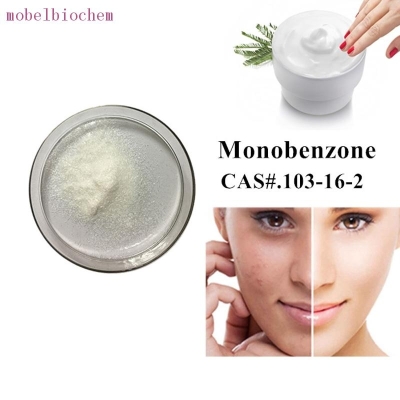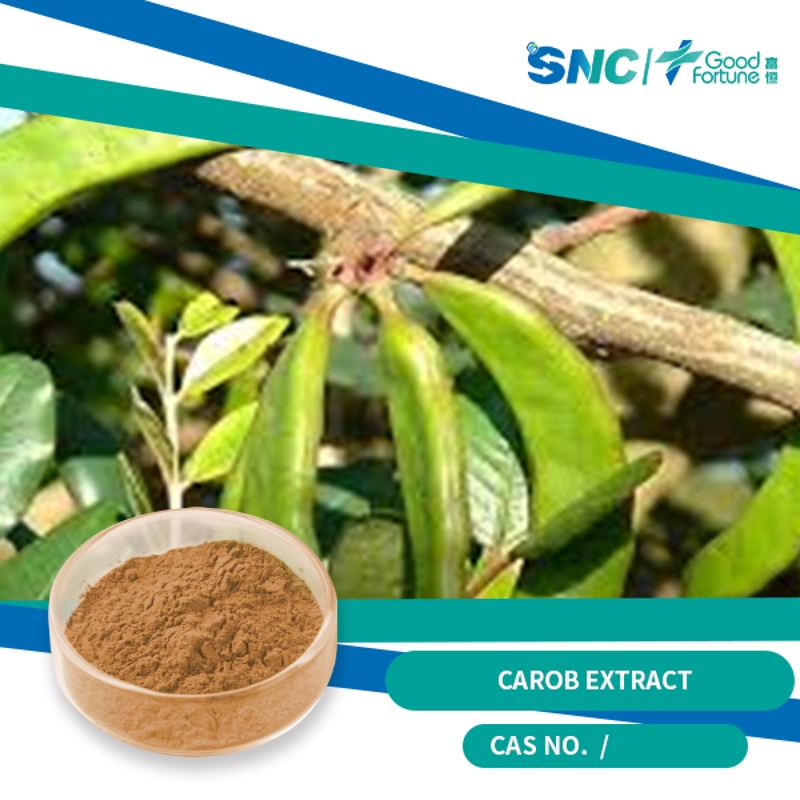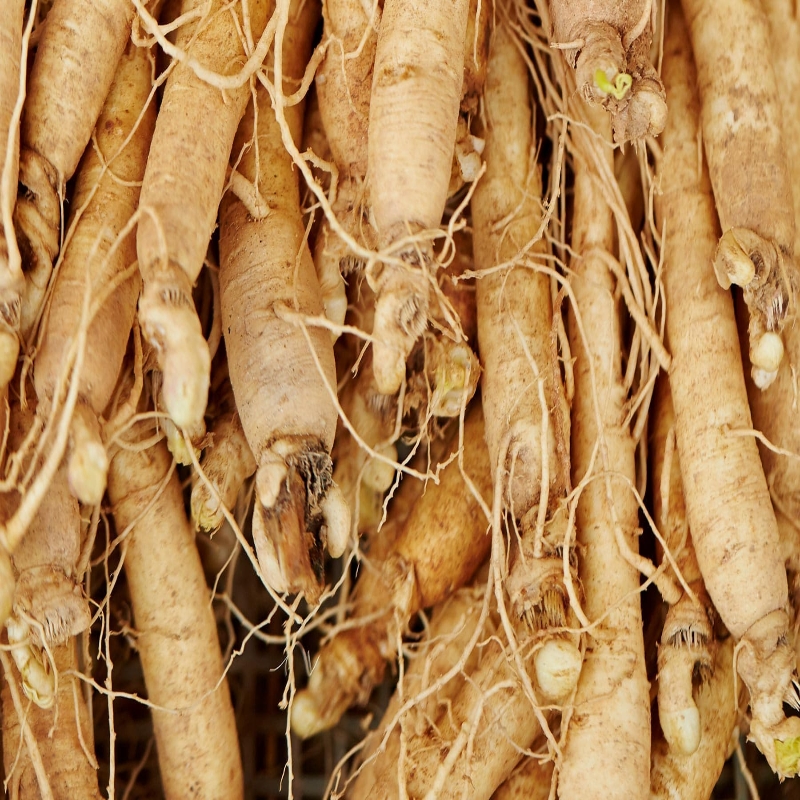Myocardial extracts of rats inhibit the apoptosis of bone marrow mesenchymal stem cells induced by hypoxia and serum-free
-
Last Update: 2014-07-14
-
Source: Internet
-
Author: User
Search more information of high quality chemicals, good prices and reliable suppliers, visit
www.echemi.com
Recently, researchers from cardiothoracic surgery, the First Affiliated Hospital of Wenzhou Medical University published a paper to observe the inhibition of myocardial tissue extracts on the apoptosis of bone marrow mesenchymal stem cells induced by hypoxia and serum-free methods in rats and to explore its mechanism The results showed that the extract of rat cardiac tissue could inhibit the apoptosis of BMSCs induced by hypoxia and serum-free When the concentration of the extract was over 100 μ g / ml, the effect of Caspase-3 was significant Caspase-3 was involved in the regulation of this phenomenon This article was published in the Journal of Wenzhou Medical College, the first issue in 2014 Primary cultured rat bone marrow mesenchymal stem cells were used to establish apoptosis model induced by hypoxia and serum-free Myocardial tissue extracts were extracted by ultracentrifugation CCK8 method was used to detect the number of cells treated by different concentrations of myocardial tissue extracts under hypoxia and serum-free conditions, and the appropriate concentration of extracts was selected The normal control group and apoptosis model group were observed under phase contrast microscope Furthermore, Hoechst staining was used to detect the changes of nuclear morphology, count the proportion of chromatin concentrated cells, and Western blot was used to detect the expression of caspase-3 protein in each group With the increase of the concentration of myocardial tissue extract, the number of cells surviving under the condition of hypoxia and serum-free also increased The optimal concentration of myocardial tissue extract is 100 μ g / ml Compared with the apoptotic model group, the number of apoptotic cells in myocardial tissue extract group and normal control group decreased significantly, and the degree of caspase-3 protein cleavage and activation decreased significantly.
This article is an English version of an article which is originally in the Chinese language on echemi.com and is provided for information purposes only.
This website makes no representation or warranty of any kind, either expressed or implied, as to the accuracy, completeness ownership or reliability of
the article or any translations thereof. If you have any concerns or complaints relating to the article, please send an email, providing a detailed
description of the concern or complaint, to
service@echemi.com. A staff member will contact you within 5 working days. Once verified, infringing content
will be removed immediately.







